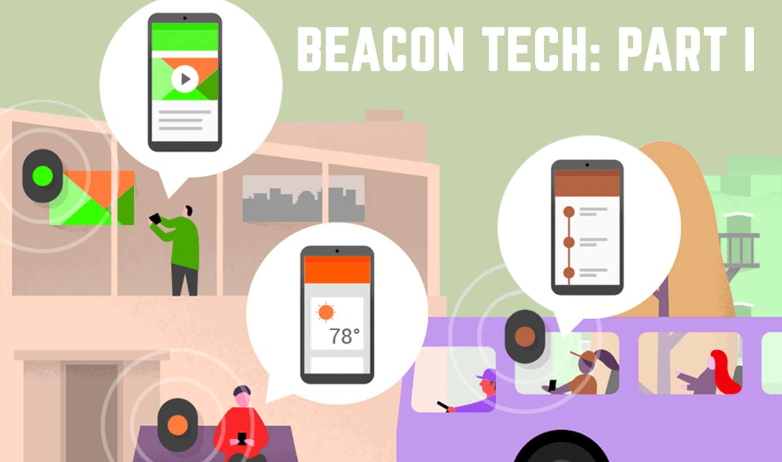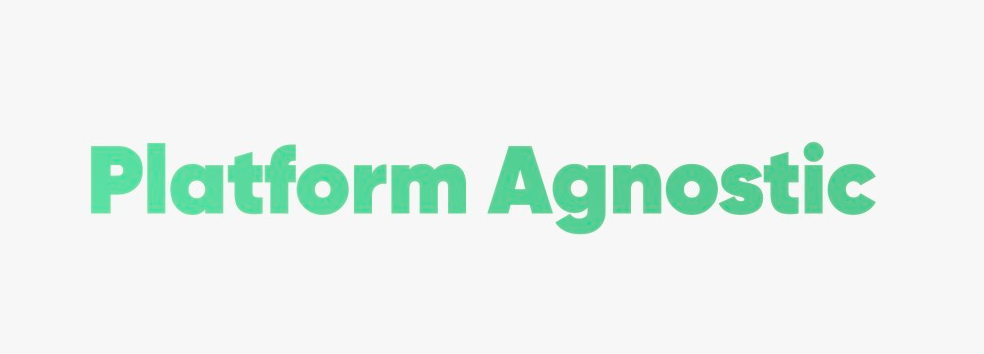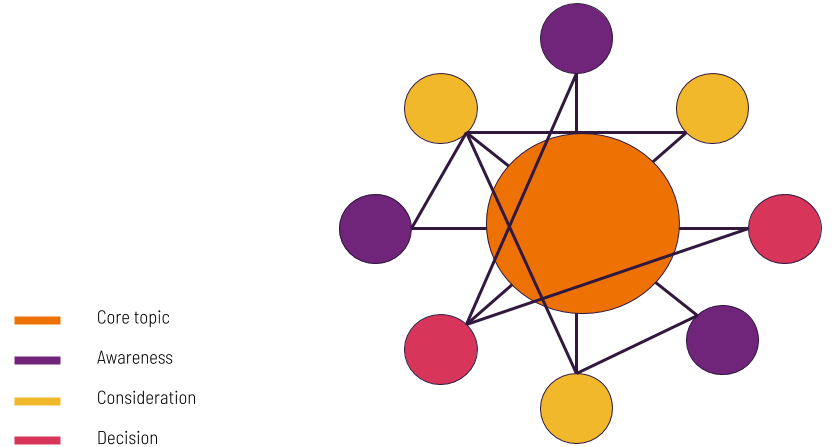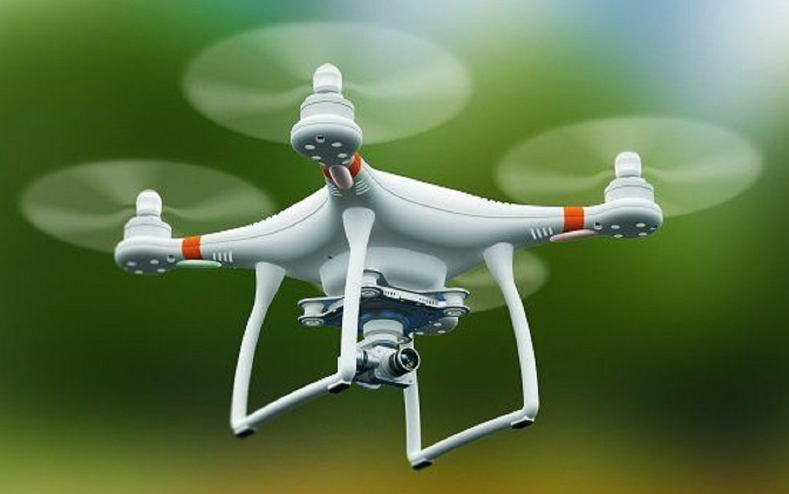With more and more businesses keen to capitalize on the personalization of offline experiences, Google has announced their new BLE – Bluetooth Low Energy – Beacons. Unlike the original iBeacon technology from Apple, the Google version is platform agnostic, which means it supports a broader range of devices.
Why have they created this technology? Imagine being able to walk along a street and be told that a nearby restaurant has a favorite of yours. Or be in a music shop and be alerted to a new artist similar to one of your favorites. Going to the cinema and getting information on new movies that are coming up as you approach the poster.
Or perhaps you’re wandering around an event, unsure which of the multitude of stands has something of interest for you. With this technology, you can simply walk around the event and be pinged as you approach a stand that might have a product you’d be interested in, based on things you’ve done.
The future of local beacon personalization

Sounds far-fetched, but these are just some of the ideas that get the Metigy team excited and are the kind of thinking we’re putting at the center of our next-generation product. We see a world of opportunity for how this technology can enhance a person’s everyday experience. Connecting users in a more personal way than ever before. This level of personalization has the potential to not only help you discover new and exciting things but also to save you time and allow you to cut through the noise around.
But, Google has gone one better with their implementation of the technology. They are actually allowing you to have a personal beacon, that is secure and can be attached to personal items. This means so you can find things like the car keys easily if you lose them. The same goes for luggage, bags, etc. Basically anything.
At the centre of the technology is their Eddystone Open-Source BLE Framework framework, an open-source library that is aimed at speeding up adoption and helping developers to create applications quickly. It includes features for getting information nearby and close by as it is all location-based.
Platform agnostic

By being platform agnostic and open-source, it means that the potential size of the market for using this technology is suddenly much, much bigger. The beacons themselves use the Bluetooth Low Energy specification which can last for years without changing a battery. The devices themselves do not contain any actual information, other than being a marker. Kind of like sticking a flag in the ground. A user’s device – assuming they have Bluetooth enabled and your application installed – can pick up the beacon. It can then provide information related to that specific beacon information.
As with all location-based technology, it is up to consumers wanting to connect. These beacons have the advantage of not requiring GPS as they are already located in a specific location.
This technology deserves watching closely, and we will be working to integrate it into Metigy.
Read more here:
http://googledevelopers.blogspot.com.au/2015/07/lighting-way-with-ble-beacons.html









